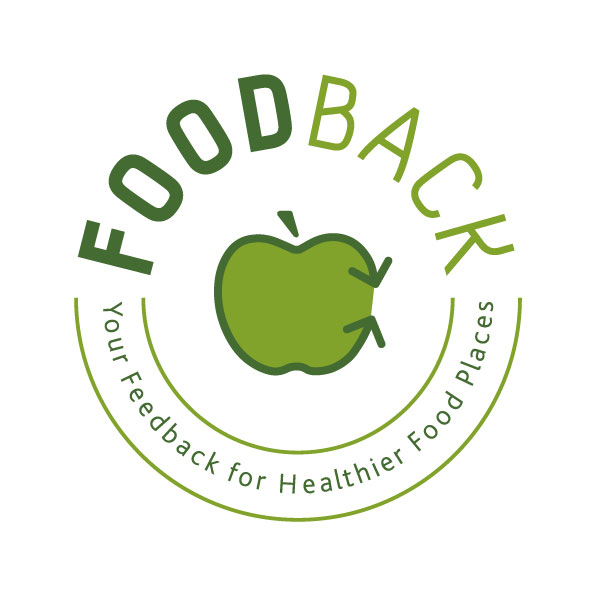 DrinksMake plain water your first choice over other drinks. You need about 8–10 cups of fluid each day to keep your body hydrated and working properly. Plain fluoridated tap water is best. Keep a jug of water in the fridge and add flavour with fresh mint or slices of lemon. Low-fat milk is also a…
DrinksMake plain water your first choice over other drinks. You need about 8–10 cups of fluid each day to keep your body hydrated and working properly. Plain fluoridated tap water is best. Keep a jug of water in the fridge and add flavour with fresh mint or slices of lemon. Low-fat milk is also a… How to eat less saturated fat, sugar and saltCheck out the tips and table below to see how you can eat less saturated fat, sugar and salt. Cooking your own meals as often as possible is a great way to make healthy food choices. Use mostly whole foods or less-processed ingredients. For easy, fast and affordable meal ideas, see the Healthy Kids website. When…
How to eat less saturated fat, sugar and saltCheck out the tips and table below to see how you can eat less saturated fat, sugar and salt. Cooking your own meals as often as possible is a great way to make healthy food choices. Use mostly whole foods or less-processed ingredients. For easy, fast and affordable meal ideas, see the Healthy Kids website. When… Choosing between packaged foodsWhen choosing packaged foods, look at the food product as a whole – some foods, for example, may be low in fat but high in sugar or salt. Here are some useful tools to help. Comparing foods using the Health Star Rating The Health Star Rating compares the nutritional value of similar packaged foods and…
Choosing between packaged foodsWhen choosing packaged foods, look at the food product as a whole – some foods, for example, may be low in fat but high in sugar or salt. Here are some useful tools to help. Comparing foods using the Health Star Rating The Health Star Rating compares the nutritional value of similar packaged foods and… Making healthier food choicesChoose and/or prepare foods: - with unsaturated fats instead of saturated fats - that are low in salt (sodium); if using salt, choose iodised salt - with little or no added sugar - that are mostly ‘whole’ or less processed. Choose whole or less-processed foods as much as possible Whole foods are very close to…
Making healthier food choicesChoose and/or prepare foods: - with unsaturated fats instead of saturated fats - that are low in salt (sodium); if using salt, choose iodised salt - with little or no added sugar - that are mostly ‘whole’ or less processed. Choose whole or less-processed foods as much as possible Whole foods are very close to… Healthy eating, active livingHealthy eating, active living What and how much you eat and drink, and being physically active are important for your health. Being healthy improves your quality of life and your sense of wellbeing. Being healthy also means that you are more likely to be around longer for your whānau. The advice in this booklet is…
Healthy eating, active livingHealthy eating, active living What and how much you eat and drink, and being physically active are important for your health. Being healthy improves your quality of life and your sense of wellbeing. Being healthy also means that you are more likely to be around longer for your whānau. The advice in this booklet is…
Foodback
Find Healthy Food Places Near You

